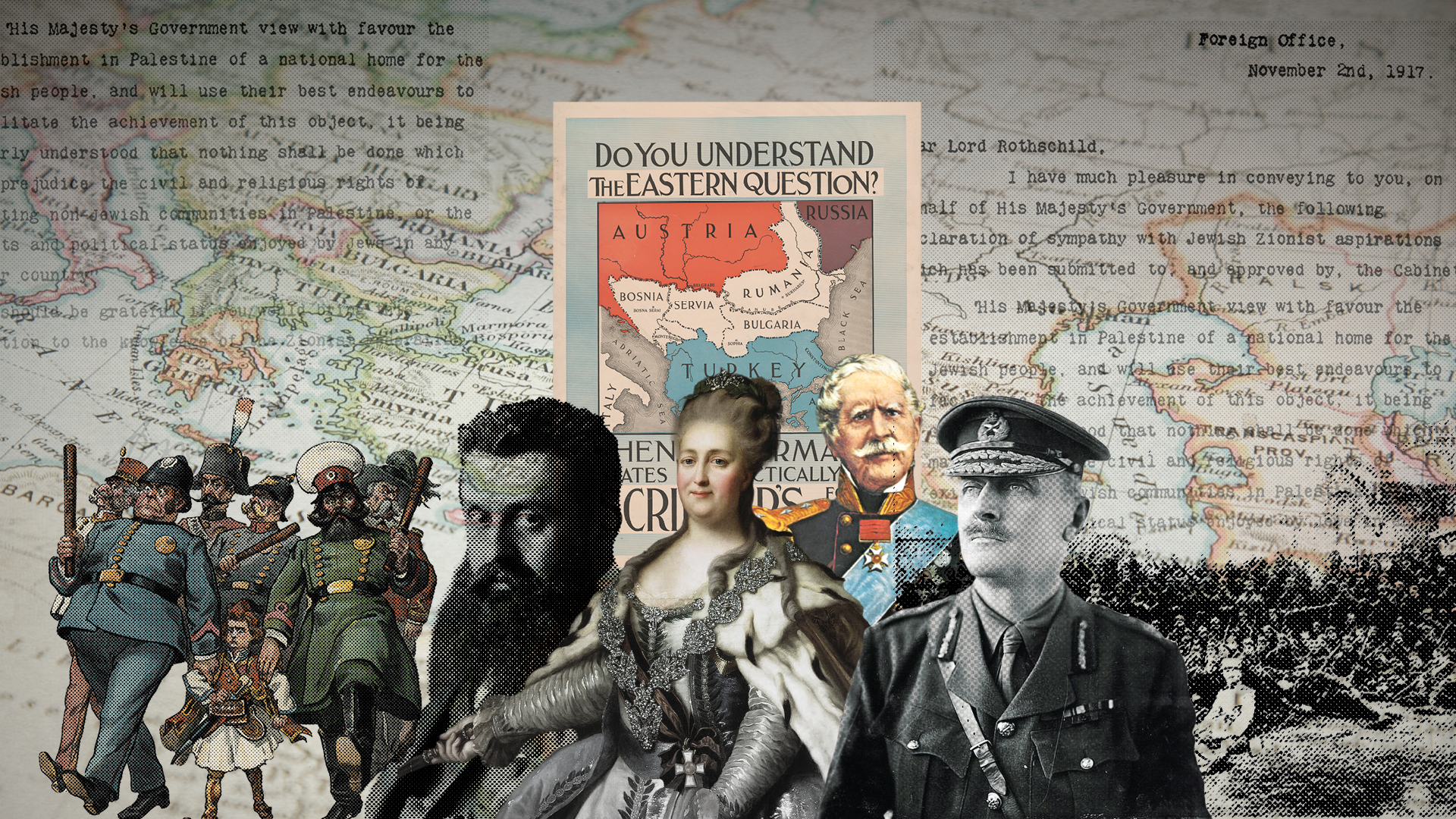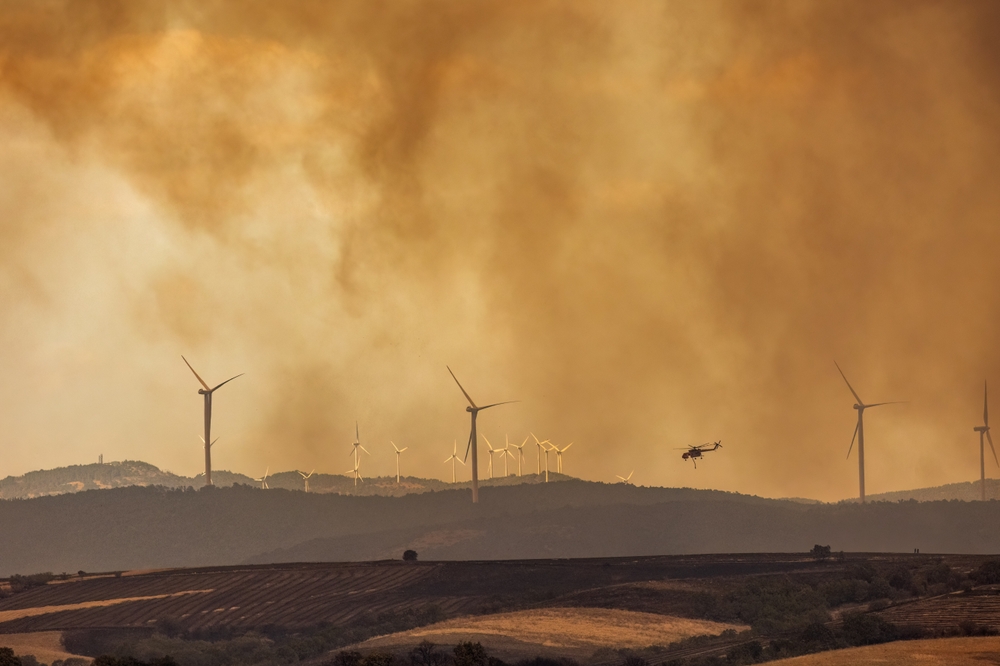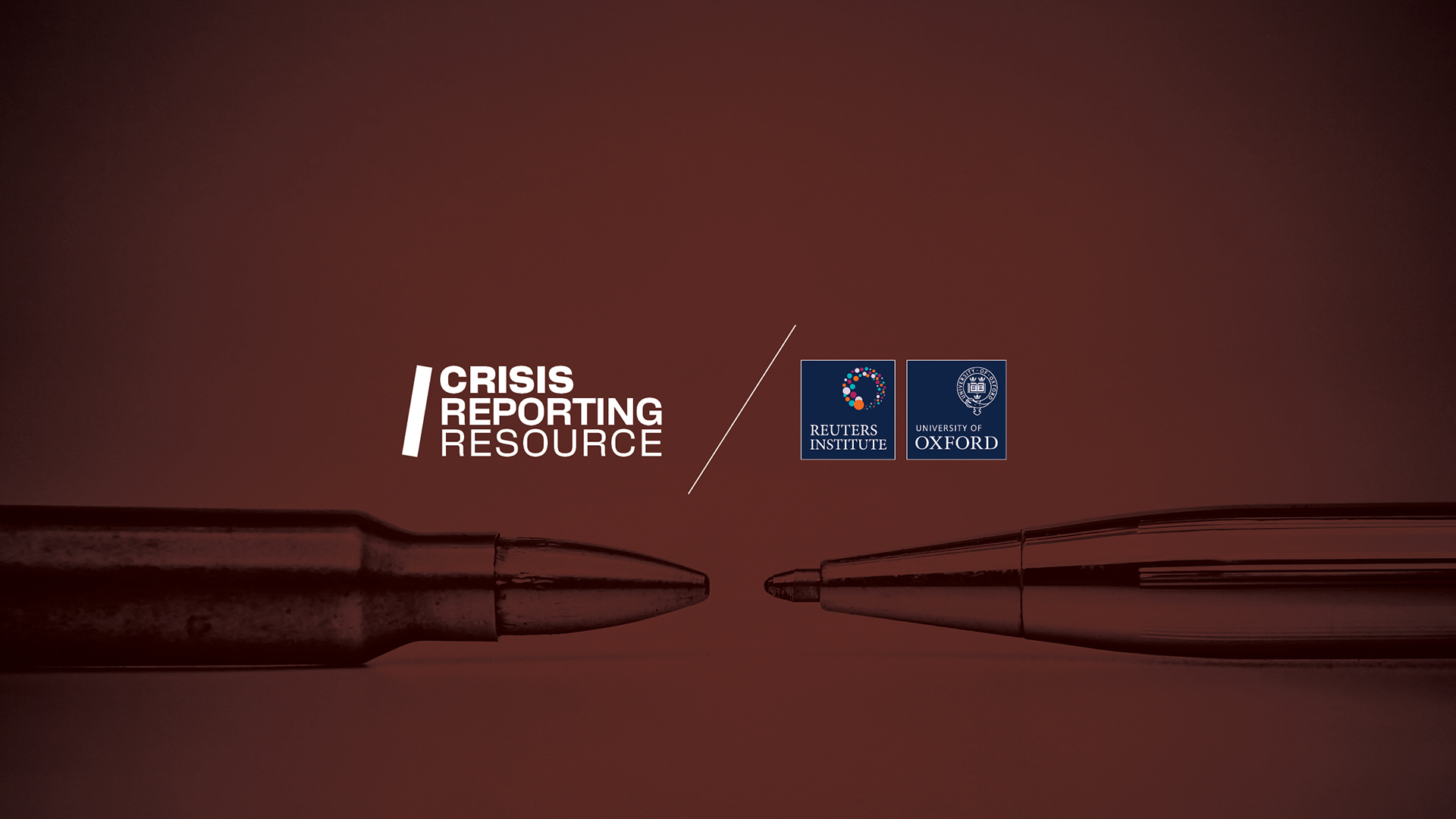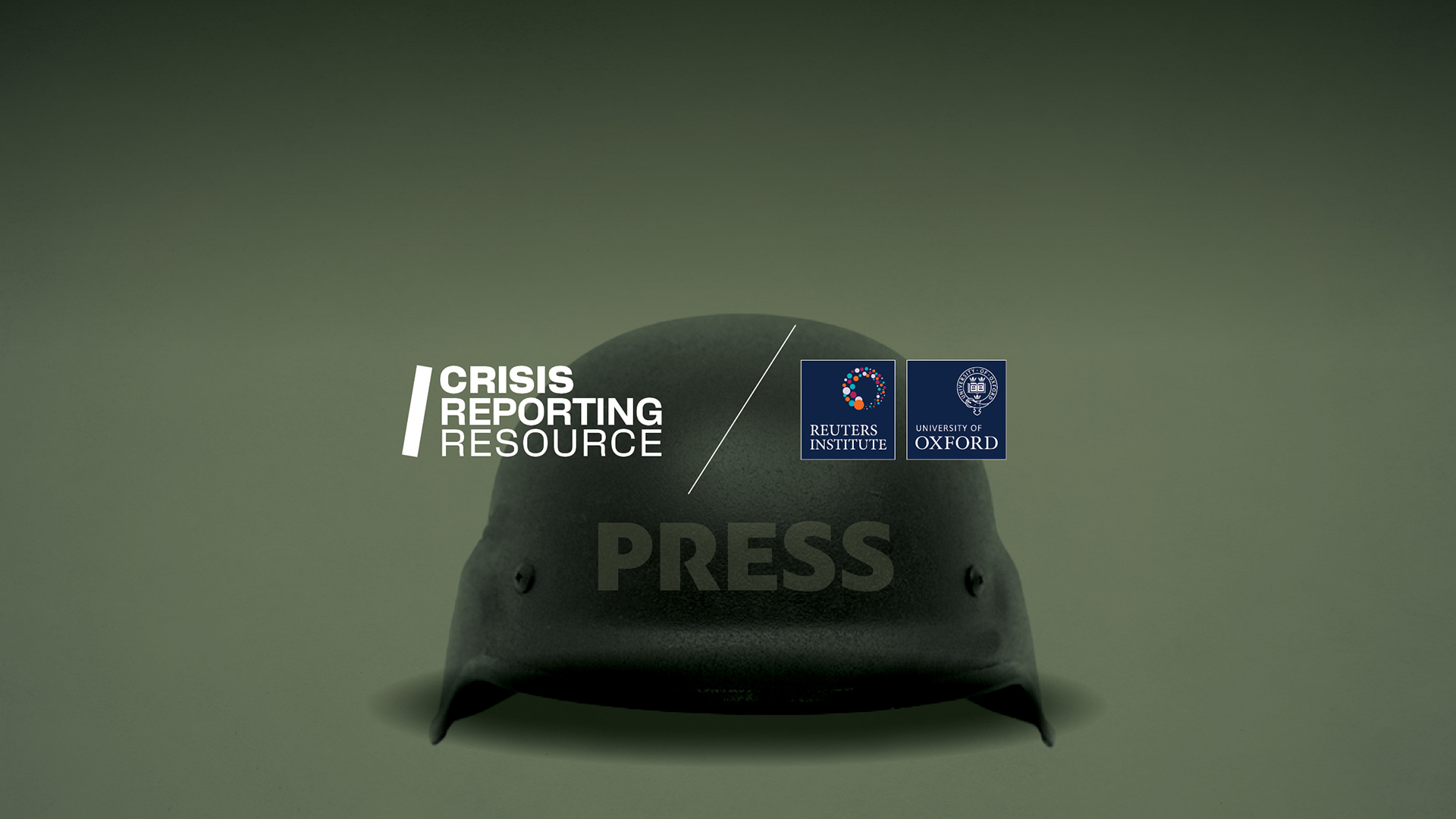When Hellenism and Zionism aspired to nation-statehood

As empires collapsed, two ethnic ideologies sought a nation-state.
Hooligan Express

On 7 August 2023, the fatal injury of Michalis Katsouris brought football violence back to the spotlight. On the occasion of this tragic event, we travelled both in space and time talking to lawyers, academics, police officers, football fans and relatives of victims.
The Russia-Ukraine War has caused a staggering amount of cultural destruction

Russia’s full-scale invasion of Ukraine destroyed part of the Ukrainian history and heritage. The Russian military has deliberately targeted important museums, churches, and libraries.
The Russian nationalists fighting on Ukraine’s side

The actions of the Russian Volunteer Corps, their relationship with the far-right and connections with Greece.
Gaza: Electricity and water threatened with collapse

More than 26,751 casualties have been recorded after 117 days of Israel’s war in Gaza; furthermore the water and electricity infrastructures in the area have been severely affected. However, this is not something new, as these essential infrastructures have long suffered from problems.
Fires in Greece: when migrants become scapegoats

The Greek region of Evros, devastated by fires last summer, is also the external border of the EU: there is a strong temptation to blame the fires on the migrants who cross it. Experts, however, point out the responsibilities of the Greek institutions.
Gaza’s Heritage Under Fire as Israel’s War Continues

Since Oct. 7, Israel's war in the Gaza Strip has destroyed or damaged hundreds of archeological sites in the coastal enclave.
Gazan journalist Plestia Alaqad on covering the war on Instagram: “I want the world to see us as humans”

Interview with Gazan journalist Plestia Alaqad on her approach to journalism, how she and her colleagues supported each other during the conflict, and what impact she hopes her work will have.

